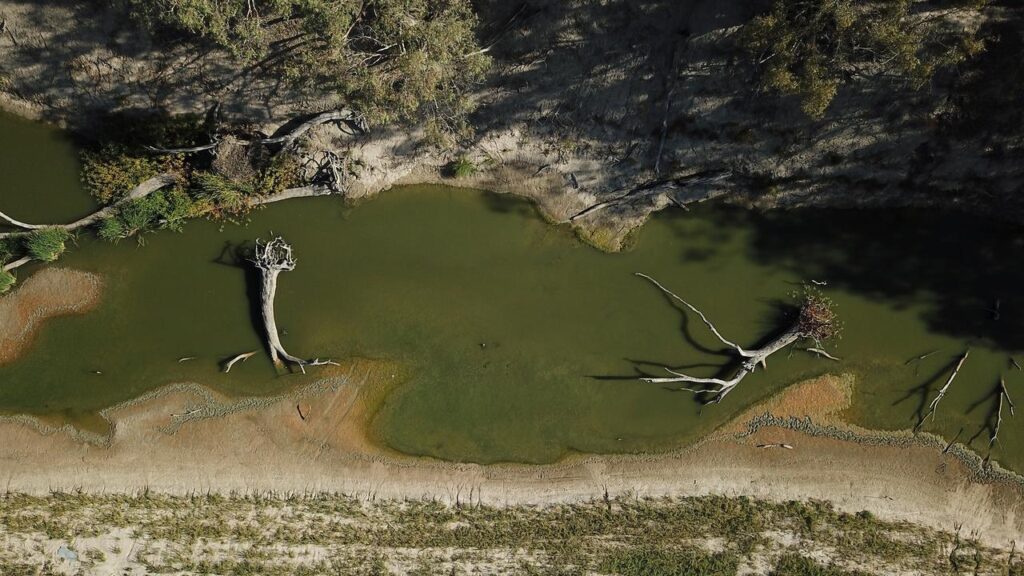‘Broken’ nature laws fast-tracked but details up in air
Kat Wong and Poppy Johnston |

Determination to knock over “utterly broken” environmental laws failing nature and business has been welcomed, but a clear political pathway to pass the reforms is yet to appear.
With widely acknowledged shortcomings for nature protection and business certainty, the Environment Protection and Biodiversity Conservation Act was a key talking point at a federal economic summit last week.
Environment Minister Murray Watt has promised to shave at least six months off the reform timeline in response and introduce draft legislation by the end of 2025 rather than mid-2026.
“We will not meet our national priorities like delivering more homes, delivering renewable energy and, of course, protecting our environment, unless we overhaul these laws,” he told reporters in Canberra on Tuesday.
“They are utterly broken at the moment.”
The federal government has long been committed to reform in line with the now five-year-old Samuel review, which declared existing legislation ineffective and outdated, but Labor failed to complete the task in its first three-year term.
Senator Watt’s predecessor, Tanya Plibersek, almost secured a deal with the crossbench for a federal environmental protection agency – part of the broader reforms – though it ultimately fell over after Prime Minister Anthony Albanese scuppered the agreement following talks with WA Premier Roger Cook.
Senator Watt has travelled to Perth three times to meet Mr Cook and is due to come face-to-face again on Tuesday in Canberra.
But the minister said it was “very clear” Mr Cook supported the reforms and confirmed the fast-tracked changes would include setting up a federal Environmental Protection Agency, although the exact model will be devised following further consultation.
The government will still need support from the Greens or the coalition to pass the laws and has yet to strike a deal.

A key ask of the Greens is a “climate trigger” to capture projects with a large carbon footprint, missing under the existing framework.
“Australia needs new environment laws that protect nature, consider climate as well as giving efficient responses to applicants,” Greens environment spokesperson Sarah Hanson-Young said.
Senator Watt has not ruled out a climate trigger, but is leaning towards the view other measures and legislation already in place do the job of reducing greenhouse gas emissions.
“If one of the aims of this legislation is to reduce duplication in the system, you’d really have to question why you would want to duplicate things that we’ve got in other legislation regarding climate,” he told ABC Radio on Tuesday.
The coalition wants the federal minister to hang on to responsibility for environmental approvals rather than deferring it to the planned independent agency, as preferred by business.
“Ministerial discretion is part of the Westminster system and stakeholders that I’m meeting with are saying to me that they want to make sure that the minister is responsible for those environmental approvals,” opposition environment spokesperson Angie Bell told reporters.

Environment groups such as Greenpeace Australia Pacific have welcomed the government’s intention to prioritise reforms but warned they could not be a “big rubber stamp for the big end of town”.
“They need to genuinely protect and restore nature in Australia,” its head of nature program, Glenn Walke, said.
The laws are designed to kick in when mining proposals, building plans and other development threatens “matters of national environmental significance”.
Its role in the stymied progress of the clean energy transition has been criticised and is understood to be contributing to lengthy project delays.
AAP


